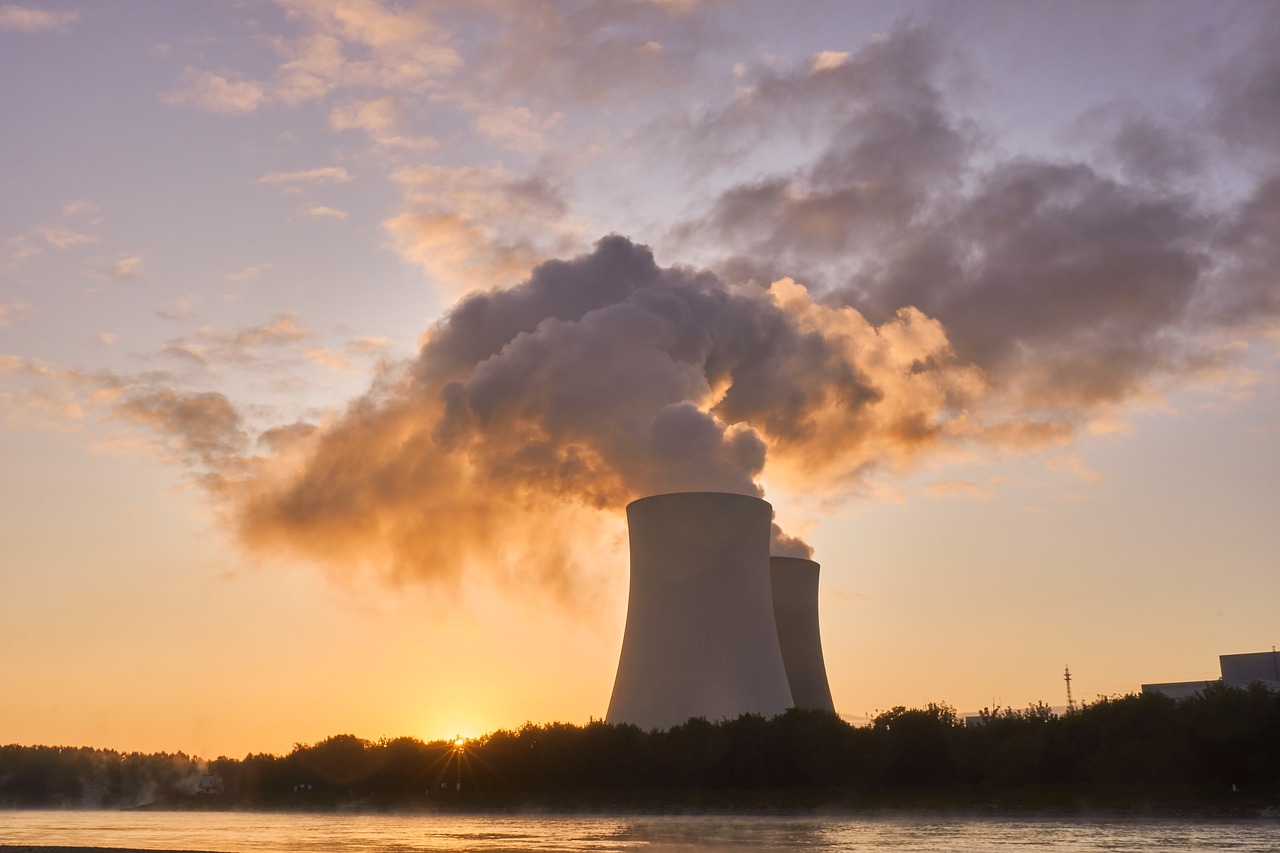Powering the Future: Mechanical Contracting's Role in Georgia Power’s Nuclear Expansion
Georgia Power’s plans to add additional nuclear capacity mark a significant step forward in meeting growing energy demands and advancing the future of sustainable power. As the utility embarks on this ambitious expansion, the importance of robust mechanical systems in new nuclear facilities cannot be overstated. Advanced mechanical contracting services play a pivotal role in ensuring that these complex projects are built to the highest standards of efficiency, reliability, and safety.
The Mechanical Contracting Connection
Building a nuclear power plant is one of the most challenging construction projects in the energy sector. From the installation of critical process piping systems to the precise fabrication and assembly of structural steel components, mechanical contractors are at the forefront of making these projects a reality. They ensure that every system from cooling and heating circuits to sophisticated safety mechanisms is designed, installed, and maintained to support the demanding operations of a nuclear facility.
Enhancing Safety and Efficiency
Safety is paramount in nuclear construction, and mechanical contractors are experts at integrating systems that safeguard both the facility and its personnel. Advanced process piping systems are essential for managing the transfer of coolants and other vital fluids within a nuclear reactor. With materials that can withstand extreme temperatures and pressures, these piping networks help maintain stable reactor operations while preventing leaks and other safety hazards.
Additionally, precision in the installation of HVAC systems, electrical systems, and fire suppression technologies is critical. Mechanical contractors employ cutting-edge design and installation techniques – often leveraging state-of-the-art CAD tools to ensure every component is aligned perfectly and functions reliably. This meticulous attention to detail not only enhances operational efficiency but also minimizes the risk of downtime, which can be particularly costly in the nuclear industry.
Building for the Future
Georgia Power’s nuclear expansion is more than just a power upgrade—it’s a leap towards a more resilient, sustainable energy future. In this context, mechanical contracting plays a key role in future-proofing these facilities. Contractors help integrate innovative technologies such as automated monitoring systems and energy-efficient components, ensuring that new nuclear plants not only meet current regulatory standards but are also adaptable to future advancements.
For those involved in the construction and maintenance of nuclear facilities, the experience and expertise of mechanical contractors are indispensable. Their ability to manage the intricacies of large-scale industrial projects is critical in ensuring that nuclear expansions deliver on their promise of enhanced capacity, improved safety, and sustainable energy production.
Driving Nuclear Innovation: The Vital Impact of Mechanical Contractors
As Georgia Power drives forward with its plans for additional nuclear capacity, the contributions of skilled mechanical contractors become increasingly vital. Their role in designing, installing, and maintaining the complex mechanical systems that underpin these facilities is a key factor in achieving operational excellence. For anyone in the nuclear construction sector, partnering with experienced mechanical contractors can mean the difference between a good project and a truly groundbreaking one.
Interested in learning how expert mechanical contracting can support nuclear facility projects? Contact us today to explore our innovative solutions and see how we can help bring your energy projects to life.
Our team is here to help.
Contact a project manager today!


